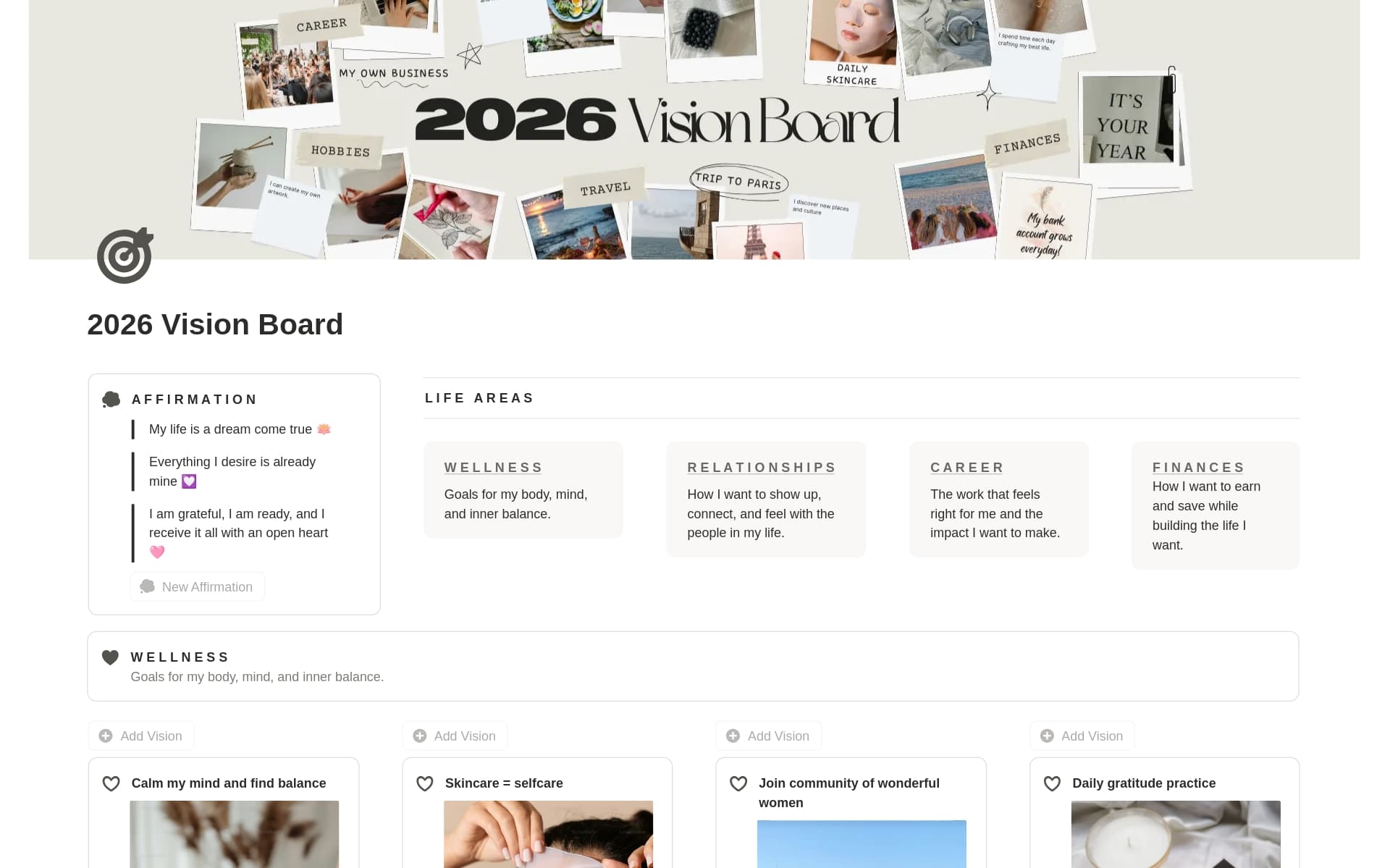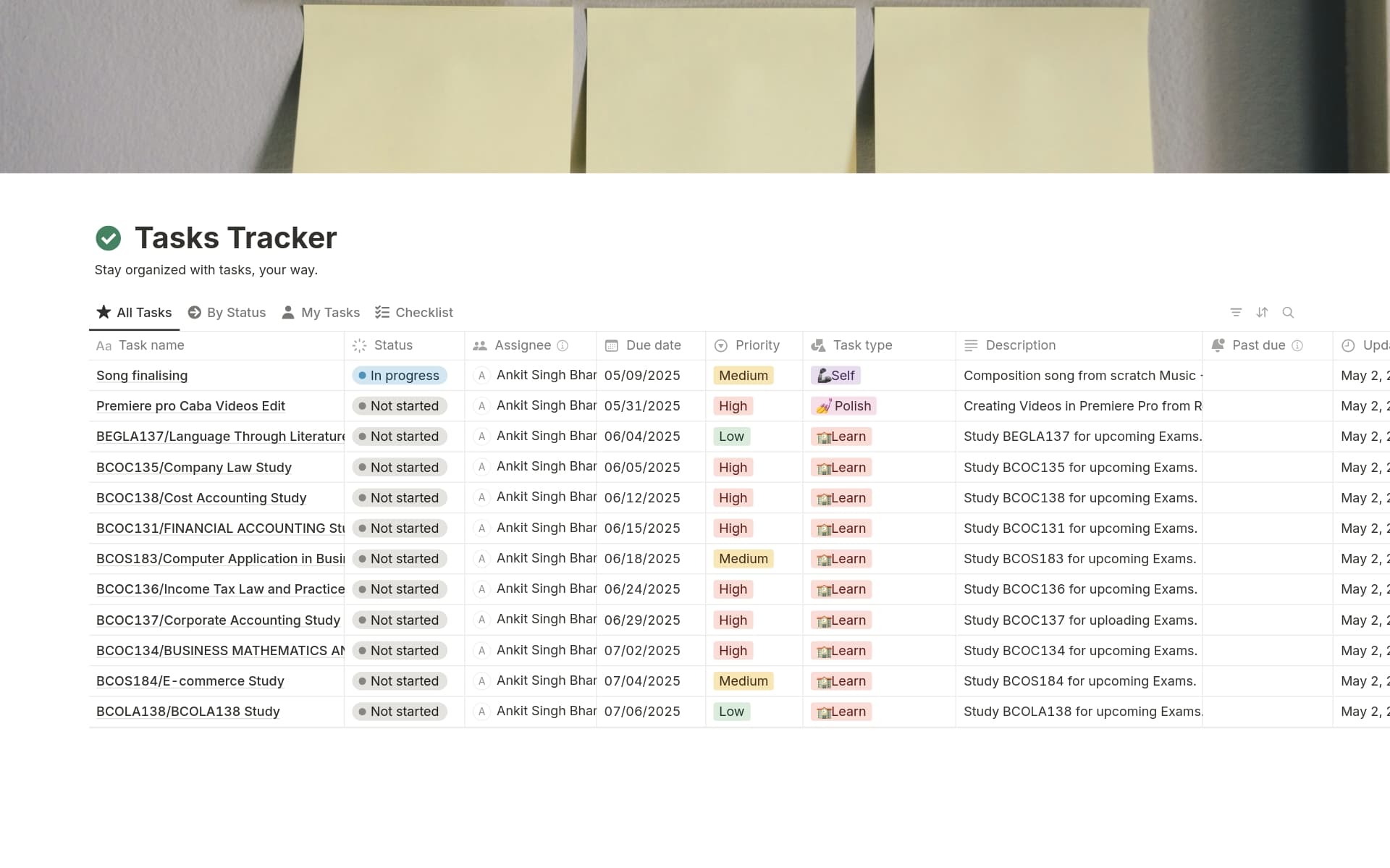Transform your spiritual practice with Notion's diverse collection of customizable templates. From prayer journals to scripture study guides, our religious templates empower you to deepen your faith and cultivate a meaningful connection with your beliefs
What Should Religion Templates Include?
Choosing the right Religion Notion template can enhance your spiritual journey by organizing your thoughts, prayers, and study materials effectively. Here are key components to look for:
Prayer Tracker: A section dedicated to tracking daily prayers, prayer requests, and answered prayers to help maintain a consistent prayer life.
Scripture Study Tools: Includes features for annotating scriptures, linking to additional resources, and reflecting on readings to deepen understanding and retention.
Community Engagement: Areas to schedule and plan community events, charity drives, or group studies, fostering a sense of community and shared faith.
Personal Reflection Space: A private section for personal thoughts, spiritual goals, and progress reflections to aid in personal growth and faith development.
By focusing on these elements, you can select a Religion Notion template that not only organizes religious activities but also supports your spiritual growth and community involvement.
What Should Religion Templates Avoid?
When selecting a Religion Notion template, it's important to be aware of certain elements that might not serve your spiritual community effectively. Here are three key components to steer clear of:
Overly Complex Features: Avoid templates with complicated structures or unnecessary features that could confuse users rather than help them engage with the content.
Insensitive Content: Ensure the template does not include any content that could be considered insensitive or inappropriate for diverse religious beliefs and practices.
Fixed Theological Views: Choose templates that allow flexibility in theological content to accommodate a wide range of beliefs within your community.
Choosing the right template involves more than just aesthetics; it's about ensuring functionality and respect for all participants' beliefs and practices.




